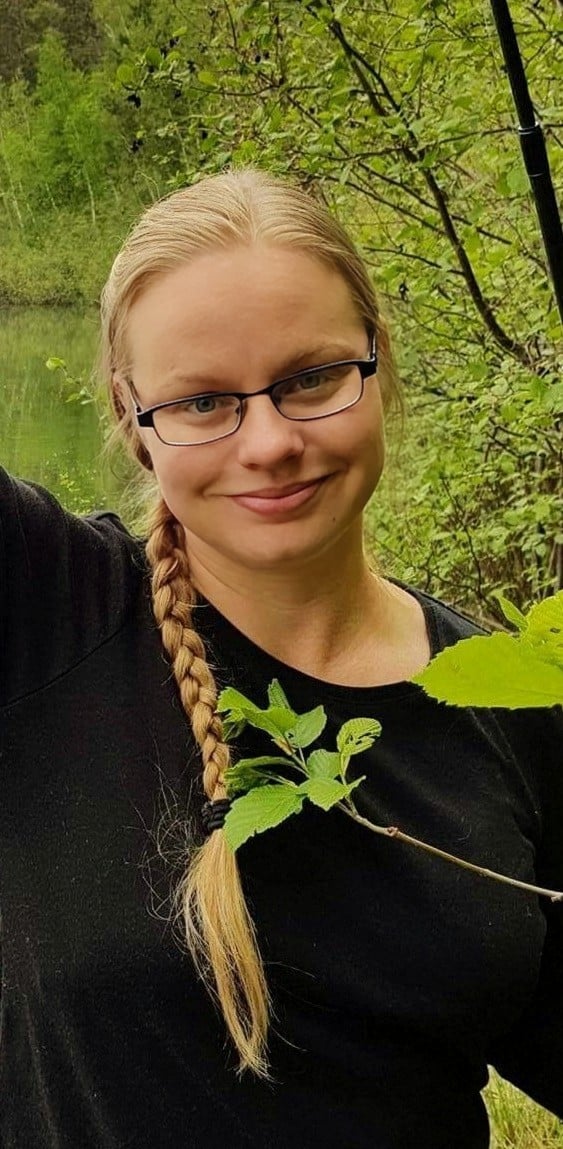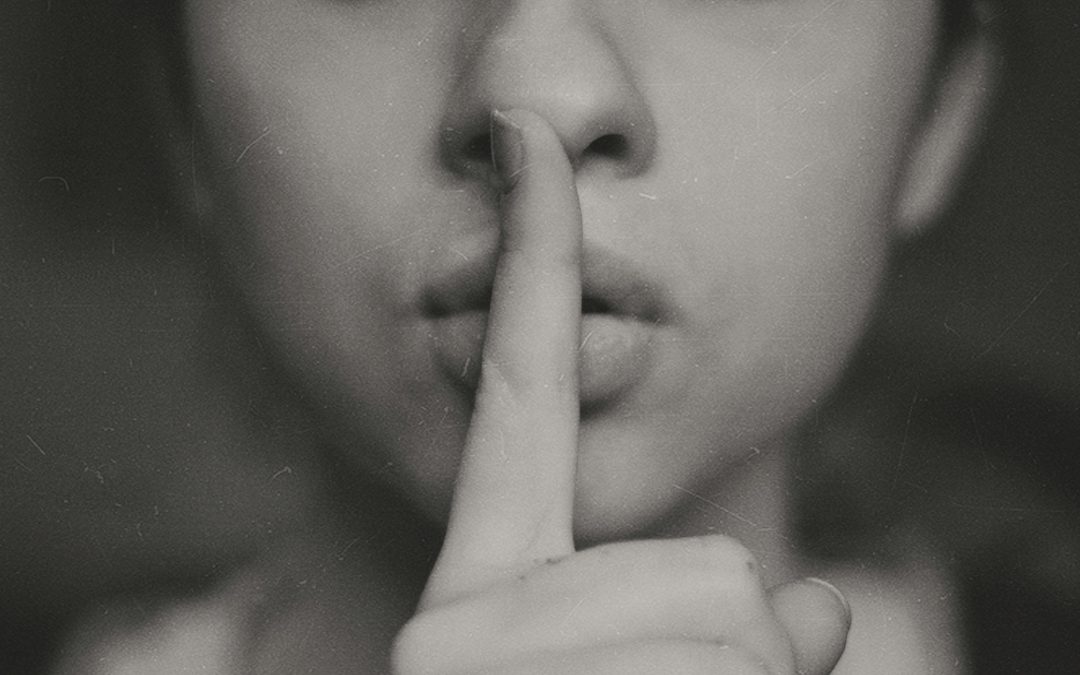How many times have you dismissed your past experiences because “others had it worse” or “it wasn’t really that bad?” Too many to count? Yeah, me too. Welcome to the club we somehow became a part of without ever signing on the dotted line. We didn’t agree to this gift that just keeps on giving, but here we are, tangled up in the ruthless tentacles of CPTSD. We’re survivors, and yet many of us downplay what we survived. We, of course, did this to survive.
Like so many others living with CPTSD rooted in childhood trauma, my parents couldn’t regulate their emotions
Like so many others living with CPTSD rooted in childhood trauma, my parents couldn’t regulate their emotions. They dismissed and sometimes even punished me for expressing my feelings. As a child, I heard the line, “I’ll give you something to cry about” A LOT. This well-worn threat often culminated in a beating or a mouthful of dish soap if I said something “disrespectful.” The wounds delivered by the mental impact of their words cut just as deep. Their words loosely translated to the message that my feelings were not warranted.
Over time, I learned to bottle up my emotions, shunning them like dirty secrets. I mastered the ability to hide my feelings and the most vulnerable parts of myself from the light of day, which often left me living in the dark. As a teenager, I wrote: “Crash these colors in my head. I’m emotionally sterile again. I hope you’re happy, because I can’t be. My dreams are full of lead.” Like so many childhood trauma survivors, I excelled in the art of self-suppression to preserve a mostly false sense of “safety.” Now, decades later, I’m living in the toxic afterglow of this emotional negation. As my young children learn about regulating their emotions, I am finally learning this rudimentary skill alongside them. In doing so, I’m learning to acknowledge my feelings about the things I wasn’t allowed to express as a child. I’m discovering I have every right to feel the way I do, even if I fight myself on feeling the sting of the truth.
Though not an end-all, be-all fix, I discovered a potential elixir for the mentality that my feelings don’t matter, and by extension, the belief that I don’t matter. By reframing my experiences, I unearthed a counter-narrative to the never-ending mental loop that has long berated me with the message: “Stop whining…it could have been worse.” If you’re nodding your head in silent camaraderie, I invite you to try something that helped me acknowledge and accept the weight of my experiences for what they were.
I’m discovering I have every right to feel the way I do, even if I fight myself on feeling the sting of the truth.
Think about a loved one. Are they in your head? Now set them down into your life and imagine them living the experiences you so casually dismiss. Is your mind and body flooded with the urge to rescue them? Are you deeply disturbed that they are facing these horrors? Are you thinking something like, “No one deserves to go through that!” Now, look in the mirror and ask yourself why it’s okay for you to have lived through that. I imagine this mental exercise played out similarly to what I experienced when my therapist applied this little script adjustment to my self-defacing narrative. Awash in fear and anxiety for the person I mentally set in my life, I immediately wanted to remove her from the very pain I had so casually dismissed when applied to me. I couldn’t bear to imagine her being crushed under the weight of the experiences that pulverized my innocence as a child. Here’s where this exercise made a turning point for me: These waves of empathy for this other person were quickly followed by a rush of compassion and love for myself. I lived through things I shouldn’t have had to endure.
Through these eyes, I can finally acknowledge that while it is true that others do indeed unfortunately have it worse, that does not diminish the pain of my experiences. Also, just because my childhood also included bouts of happiness does not mean that these positive experiences erase the painful things I am fighting tooth and nail to work through. These things can exist in tandem and are all valid experiences. It doesn’t have to be all or nothing, and in fact, things rarely are that way. It’s okay for me to appreciate the valuable lessons I’ve learned from the heartaches I’ve endured, while being irate that I had to learn such lessons in this way. I’m not suggesting that we marinate in our trauma or wear it like a badge. I am, however, saying that we deserve to grant ourselves credit for making it through whatever nightmares we lived. We have a right to call it what it was. It’s okay to call yourself a survivor and acknowledge what you survived.
When we acknowledge what we survived, we are acknowledging who we are and giving ourselves credit for where we are right now. If you’re reading this, it’s likely because you’re making an effort to free yourself of the chains of trauma. Coming from someone doing the same, I just want to say good for you! Keep at it. This sounds annoyingly congratulatory, but I’m saying it from the bottom of my heart. I know it’s hard, hard work that, frankly, we shouldn’t have to do. I think that’s the part that bothers me; I’m cheering us all on for running a marathon that we never wanted to run. That said, if we only focus on the fact that we never wanted to be in this “club,” we can easily overlook what we’ve overcome. We deserve more than that because, despite having so many choices cruelly removed from our grasp, time and time again, we made the choice to keep going.
We are still going. No longer at the mercy of those who hurt us, we are laying claim to the feelings that fear and dissociation stole from us. Learning to feel for the first time and facing our experiences for what they were is not easy. It’s painful, messy, and downright annoying. But…our feelings matter. We matter. We’re still here, and I don’t know about you, but I’m not shutting up or tuning out anytime soon. I’m done biting my tongue and hiding from myself. I’m done being alone, making myself small to fit into narrowly defined expectations, and letting the pain color my perception of the world. After all, if we’re going to be a part of this club we never signed up for, I think it’s only fair that we write the “rules” and have a say in where we go from here.
Photo by Kristina Flour on Unsplash
Guest Post Disclaimer: Any and all information shared in this guest blog post is intended for educational and informational purposes only. Nothing in this blog post, nor any content on CPTSDfoundation.org, is a supplement for or supersedes the relationship and direction of your medical or mental health providers. Thoughts, ideas, or opinions expressed by the writer of this guest blog post do not necessarily reflect those of CPTSD Foundation. For more information, see our Privacy Policy and Full Disclaimer.

Finally feeling truly alive for the first time in my life, I am writing from a place of gradual healing with an eye to the future and a hope of connecting with others on similar paths. Forced to withhold a tsunami of emotions deemed irrelevant under the roof of my childhood “home,” the blank white pages of my notebooks invited my raw reflections without judgment. Writing allowed me to free the burdens of my soul, but at some point, I muzzled myself. My pen lay dormant for years until, at 41 years old, I experienced a traumatic flashback during an everyday activity that shook me to the core. Five days later, I started writing about the things I had long withheld. I couldn’t stop. Written words have once again become my refuge. I now recognize that these words, resurrected from the ashes of my pain, may have the power to help others. Above all, I want to magnify and share the messages that I have most treasured on my journey: we are not alone and we don’t ever have to go back. This is where we live now and the future is ours.





“After all, if we’re going to be a part of this club we never signed up for, I think it’s only fair that we write the “rules” and have a say in where we go from here.”
I absolutely love this! Thank you for sharing <3
Thank you for reading, James! : )
Having known you since your childhood, I couldn’t be prouder of you. Your words are inspiring and relevant to me and most likely many others. Proud of you!
Thank you so much, Brenda! Your words and encouragement mean so much to me!
Thank you for writing this.
Thank you for taking the time to read it and comment. I appreciate it!